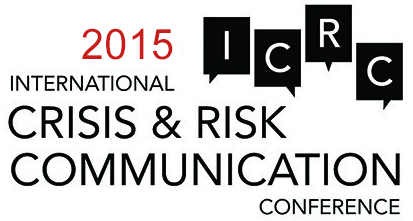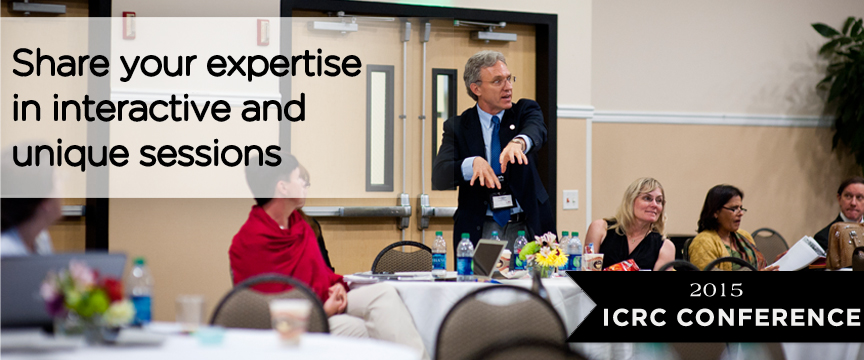About
Benefits of Participating
The International Crisis and Risk Communication (ICRC) Conference affords attendees the rare opportunity to network with industry leaders and prominent researchers in a relaxed setting. Not only will you have the opportunity to network during our off-site reception dinners and refreshment breaks, you can also expect to initiate and develop strong professional relationships that can benefit you and your organization, by openly participating and providing feedback within interactive sessions along with other like-minded peers, professionals and researchers in attendance
The 2014 ICRC Conference featured a special appearance by then-Chairman of the U.S. National Transportation Safety Board, Ms. Deborah Hersman. Citing her experience managing the 2013 Asiana Airlines Flight 214 crisis, Hersman spoke about the ubiquity of social media and resulting challenges for crisis communication management. (Ms. Hersman is now president and CEO of the National Safety Council.)
Each year the International Crisis and Risk Communication Conference brings together more than 40 anticipated sessions and speakers, and attendees receive high value for their education and travel dollars. Our general and breakout sessions bring you a firsthand look at the most current topics in the field. We continue to bring in leading professionals and researchers to share their expertise in interactive case studies, in-depth panel discussions and useful, new and noteworthy sessions.
In order to further develop your crisis and risk management skills, be sure to check out our pre-conference workshops. These workshops comprise longer learning sessions that provide more detailed knowledge, more one-on-one interaction with speakers, and additional training, to further develop your own communication strategies.
The 2015 International Crisis & Risk Communication Conference Theme:
Accountability, Metrics and Critique
The theme for the flagship 5th annual ICRC Conference surrounds the rising demand for accountability, including the push for effectiveness metrics. These may show the return on investment (ROI) and return on effort (ROE) for all types of crisis and risk communication initiatives and tactics.
What are the appropriate measurements by which crisis and risk communication can be or should be held accountable? How are health, safety and well-being preservation assessed and quantified with relationship to risk warnings and emergency communication? In business, how is success determined in areas such as post-crisis brand/image reputation repair, improved shareholder value and decreased litigation costs? Other measurement areas might consider: the impact of product recalls, post-scandal bounce-back, positive/negative social media chatter, impact on business outcomes and profitability.
Ultimately the aim is to converse and brainstorm about what works and what doesn’t,
as well as why or why not?



